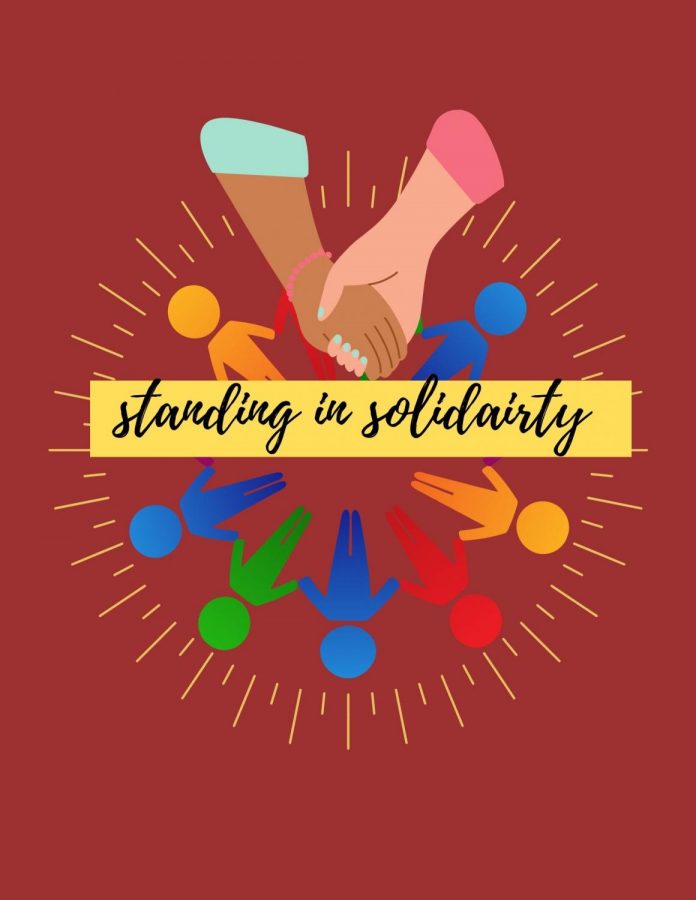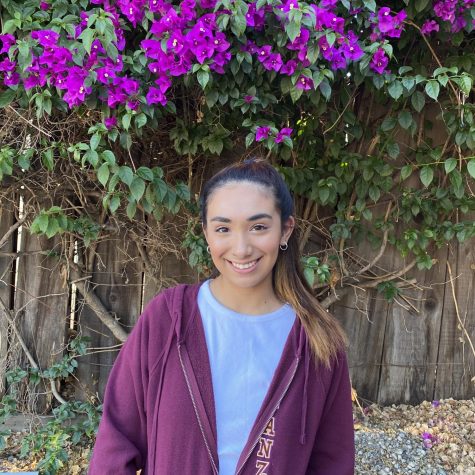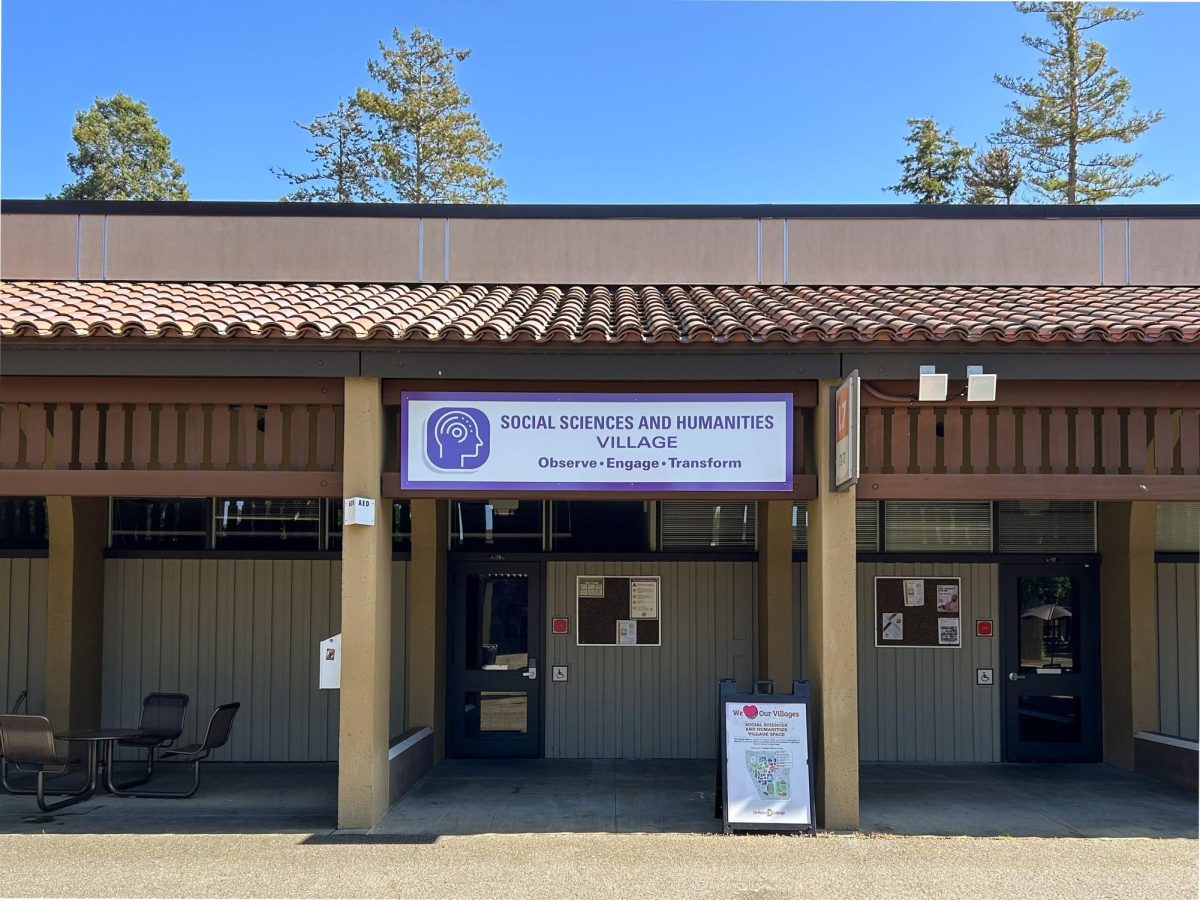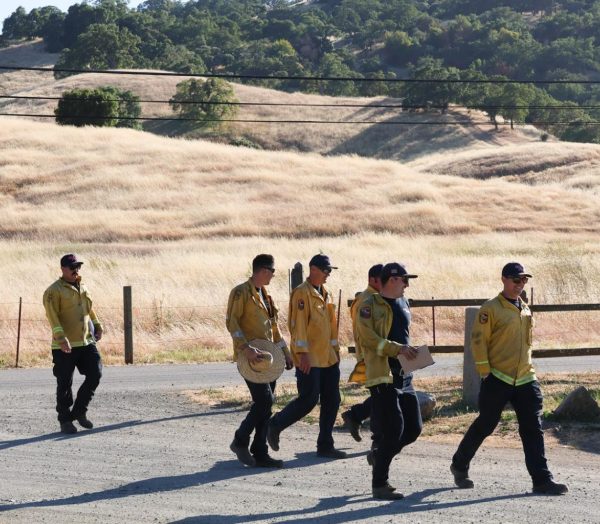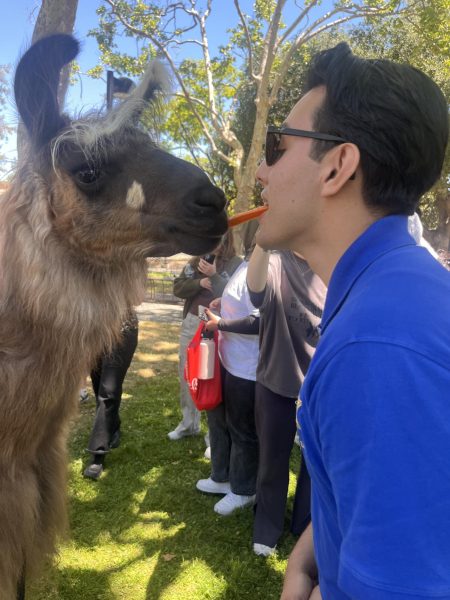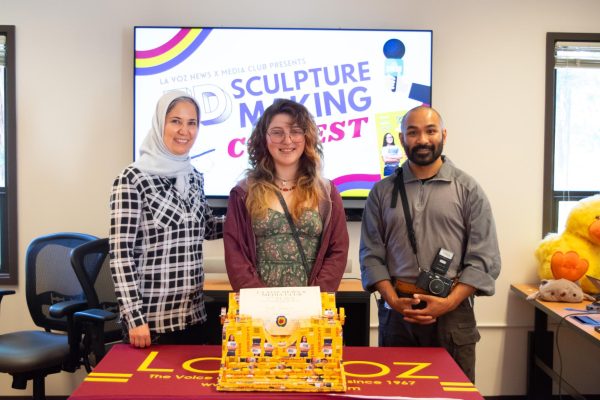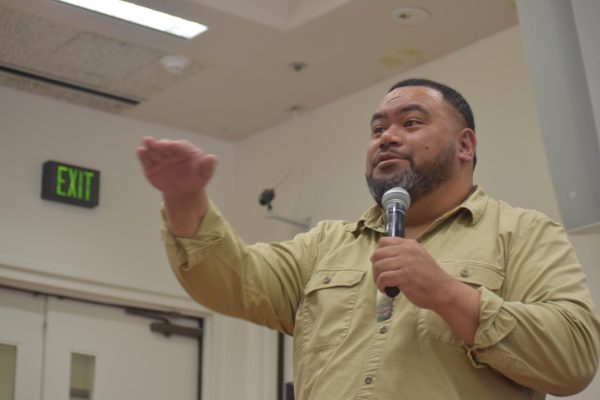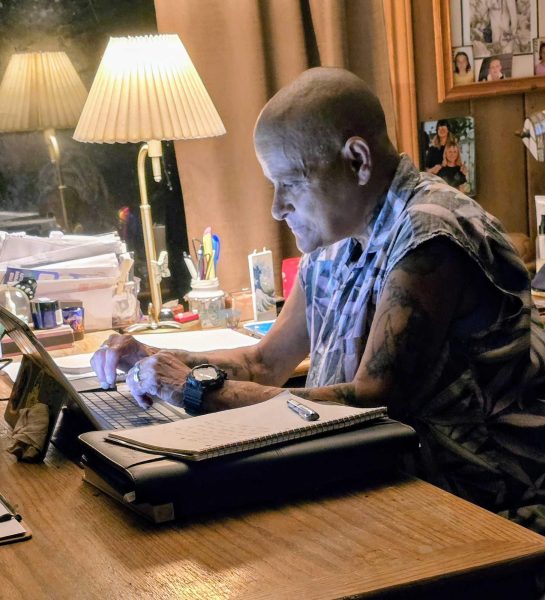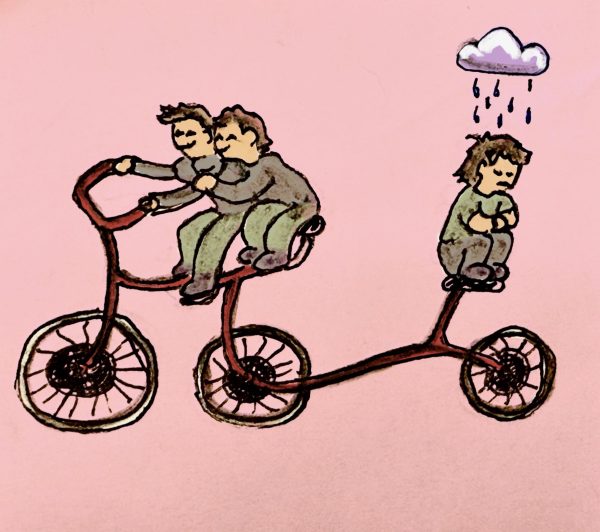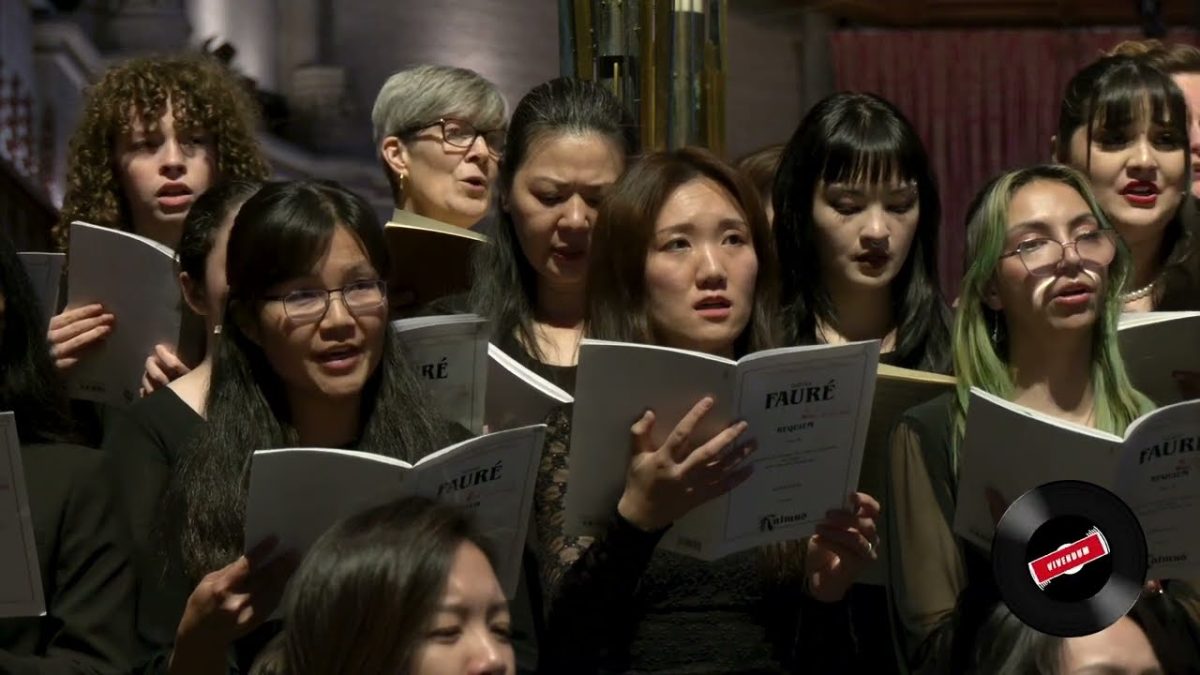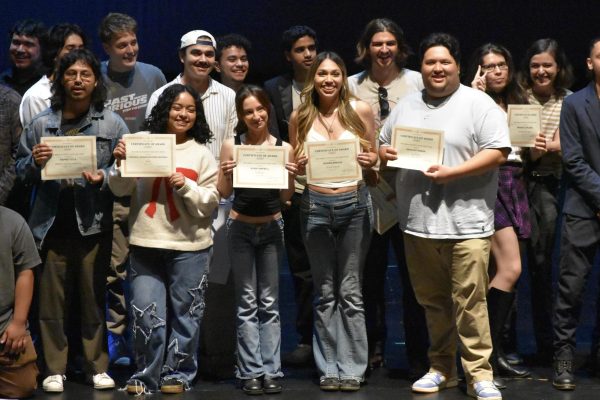HEFAS ‘6th Annual Summit’ honors immigrant workers and communities
June 10, 2020
Students and local organizations united for Higher Education For AB 540 Students two-day sixth annual summit held on June 5 and 7 via Zoom.
Discussions included themes of social solidarity through workshops and sharing resources for students to advocate and support immigrant workers’ rights.
Keynote speaker, Ann Lopez, executive director of the Center for Farmworker Families, spoke about the struggles immigrant farmworkers experience and how communities have responded amid the pandemic.
“Donors from as far away as Florida, Nebraska, Minnesota, all over the country are sending us dollars, including some people sending us their entire stimulus checks, which is amazing,” she said.
Other groups and organizations have shown support by providing food and rental assistance, masks, household items, and car caravans driving through the fields with thank you signs, Lopez said.
“Go as far as you can with your education and don’t let anything stop you,” Lopez said, as advice on how students can support immigrant workers. She also encouraged voting, fundraising, and volunteering.
Phoebe Lopez, 19, psychology major, said it was her first HEFAS summit. She decided to attend to learn more about how she could help undocumented immigrants during the pandemic.
“Now more than ever we need to stand in solidarity with our community to fight against oppression, racism, and discrimination,” she said.
Jacqueline Rivera, member of Serve the People San Jose and the South Bay Community Land Trust, was a panelist for one of the workshops, MAIZ.
Movimiento de Acción Inspirando Servicio is a local community organization that honors and develops leadership and cultural advocacy.
The workshop highlighted ways organizations have helped through creating campaigns during shelter in place and how others can join in.
Rivera spoke about housing rights and the pressure of payments, as many have low paying jobs and don’t receive financial assistance during this time.
“Our vision is really, how do we create spaces and solutions that regardless of race or any other qualifying things that typically are put in place for eligibility of certain programs,” said Rivera.
Michelle Ordonez, coordinator for HEFAS Mental Health Program, attended the MAIZ workshop because of her care in MAIZ goal “to abolish ICE and free kids who are in cages.”
“The summit was a space of reflection that showed us different realities of underrepresented communities,” said Orndonez. “The ones that have always been essential, the ones that have been struggling, the ones who have a lot of fear but they keep going.”



